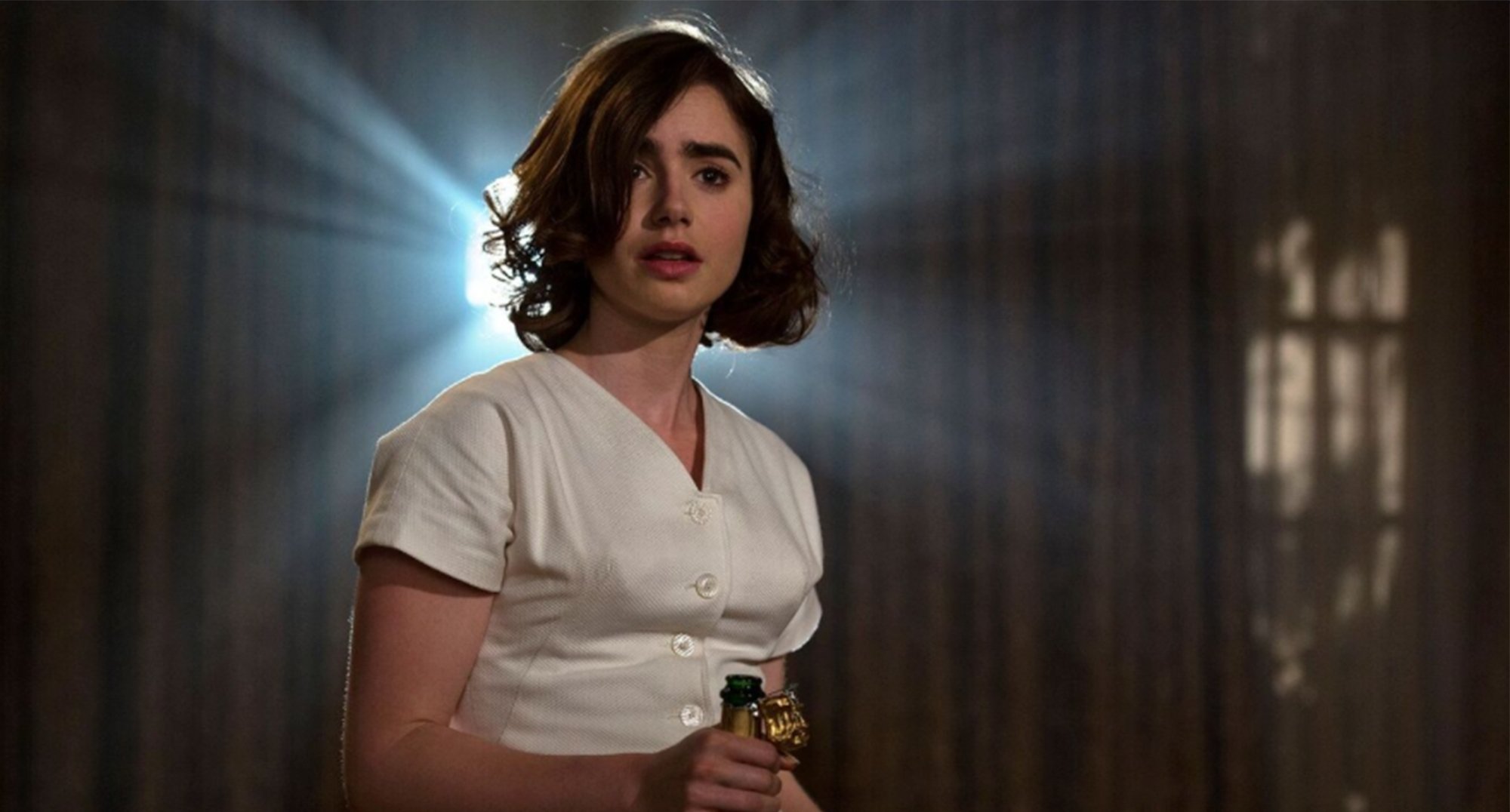
Courtesy, 20th Century Fox
Warren Beatty may not be the most prolific filmmaker, but he remains an interesting one. His latest movie Rules Don’t Apply is fanciful look at the final days of the Hollywood studio system with mogul/aviator/industrialist Howard Hughes at its epicenter.
New In Local Theaters
- Believe (PG) 1 hr. 52 min.
(AMC Fiesta Square, Malco Rogers Towne)
» Watch trailer - Incarnate (PG-13) 1 hr. 56 min.
(AMC Fiesta Square, Malco Razorback, Malco Rogers Towne)
» Watch trailer
Beatty, who wrote the script and developed the story with Bo Goldman, directs and plays Hughes, who ran RKO Studio along with numerous other businesses. With parts set in 1964 and the rest in 1958, the movie details how the billionaire’s reclusive and paranoid nature created unnecessary issues that threatened to tear his empire apart. The film also shows how his peculiarities wreaked havoc on the lives of those who worked for him.
In 1958, Hughes faces hostile negotiations with TWA and the U.S. government as he attempts to keep a handle on his studio and his 26 “future starlets” who are under his contract. Hughes pays each of them $400 a week, provides them with their own driver and private bungalow while the studio grooms them professionally to be in pictures.
Though it’s strictly forbidden for other employees to date the contract actresses, it seems the eccentric Hughes has no such qualms about the casting couch on his own behalf. Hughes’ serial dalliances with his starlets might be why he doesn’t want them dating the help.
Conflict creeps in when Virginia beauty queen Marla Mabrey (Lilly Collins) and driver Frank Forbes (Alden Ehrenreich) find themselves uncontrollable attracted to each other. The two strive to maintain their Christian values as well as their loyalty to Hughes despite their strong urges to be together.
Forbes becomes a trusted right-hand-man to Hughes at the same time Mabrey begins to catch Hughes’ eye. The conflict is set, and the rest of the film explains exactly for whom the “Rules Don’t Apply.”
Collins gives an enchanting performance, and Ehrenreich displays the charisma that helped him win the coveted Han Solo role in Disney’s upcoming Star Wars anthology film featuring the roguish hero’s adventures before he runs into Leia, Luke and Obi Wan in the original trilogy.
Beatty is compelling as the odd Hughes, who is definitely out there in terms of behavior, but who remains intermittently brilliant and on top of his mental game when he most needs to be.
The trio’s performances are strong but barely hold together a meandering narrative that may be appropriate for a film that considers the loneliness that comes with putting aspirations above relationships.
However the best performance in the movie comes from Matthew Broderick as Ehrenreich’s mentor. Broderick zings many of the best lines despite his fourth-lead status.
It’s hard to pinpoint exactly where Rules Don’t Apply runs off the tracks. The film is an example of when the overall story doesn’t match up to the likability of the characters of the talent of the performers.
(PG-13) 2 hr. 6 min.
Grade: C
Classic Corner
It’s a Wonderful Life
If there ever was an ideal everyman then has to be George Bailey
Who is George Bailey?
Well, that’s the exact question Clarence the guardian angel (Henry Travers) asks before he is dispatched to help Bailey (Jimmy Stewart) through the darkest moment of his life in Frank Capra’s classic 1947 film It’s a Wonderful Life.
Clarence and the audience learn all about Bailey through a series of flashbacks that show pivotal moments in Bailey’s life, and the circumstance that brings Bailey to the brink of suicide on a bitterly cold snowy Christmas Eve night.
Like most of us, the fictional Bailey did live a wonderful life, as Clarence points outs, but sometimes the circumstances of the moment can cloud our view of the bigger picture, just like it did for Bailey on the lonely bridge where he figured that he was worth more to his family dead than alive because of a measly insurance policy.
Of course, Bailey’s friends rally to save him from a certain trip to jail. We’d all do well to cultivate friends like George Bailey, who selflessly gave so much of himself for his friends, neighbors, other townspeople of Bedford Falls.
The Capra film, based on the short story The Gift by Phillip Van Doren Stern, is a hopeful movie, but it visits dark, cynical places before shining its light.
As good a man as Bailey is, it took only one mishap — one not of his own making— to bring him to his knees. But family and friends gave him the helping hand he needed, just as he had done for so many of them in the past.
Who is George Bailey?
I’d contend that there is a little of him in all of us, and that’s why the film lives more popular today than it did 70 years ago when it first opened.
NBC is airing It’s a Wonderful Life at 7 p.m. Saturday. It’s worth the space on your DVR if you have never seen it and the time it takes to watch it if you have never seen it.
There are so many fine scenes in the movie, but I would contend that the “telephone scene” where Stewart and his co-star Donna Reed confess their love to each other might be the greatest scene ever shot. It’s certainly my favorite.
It’s raw, sloppy and bursting with emotion, and absolutely riveting. Here, take a look.
If that scene doesn’t get to you, I don’t know if anything can.

